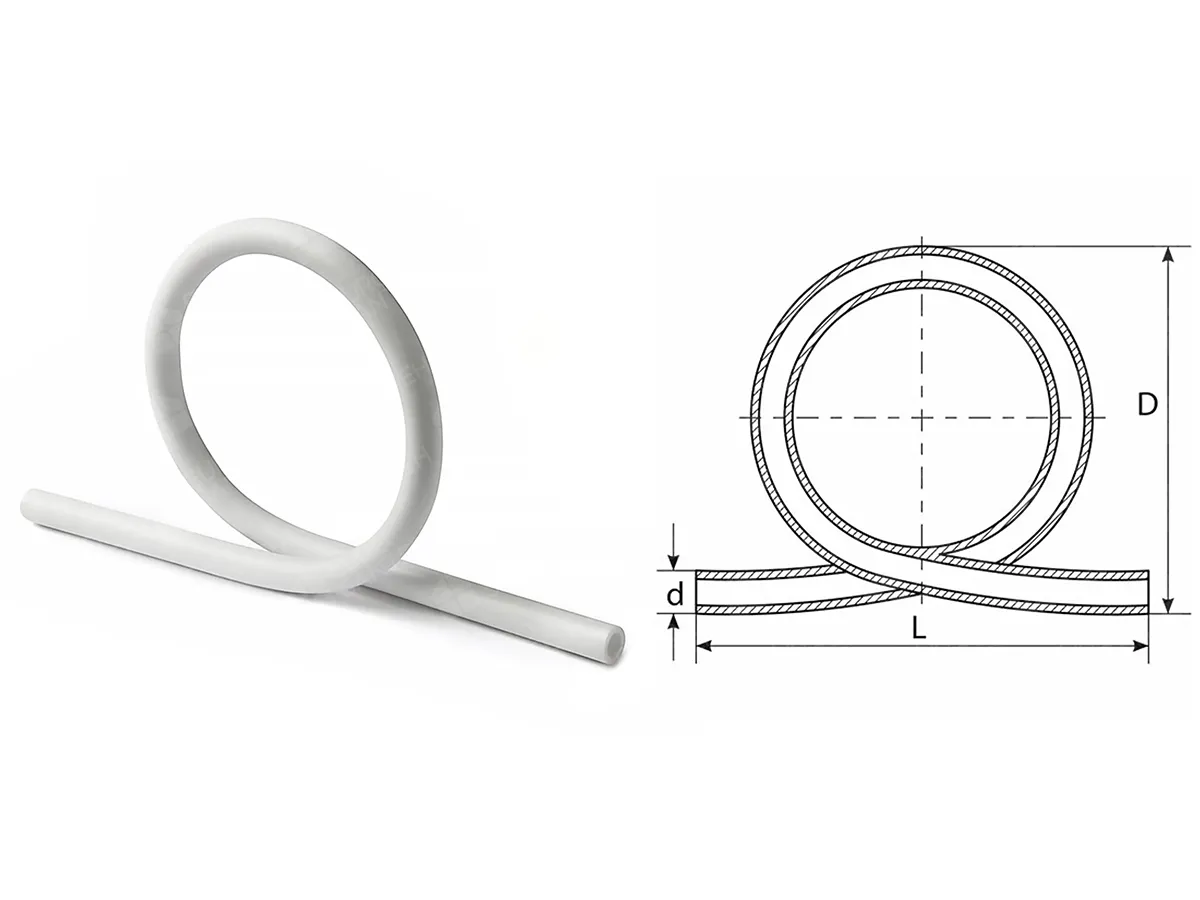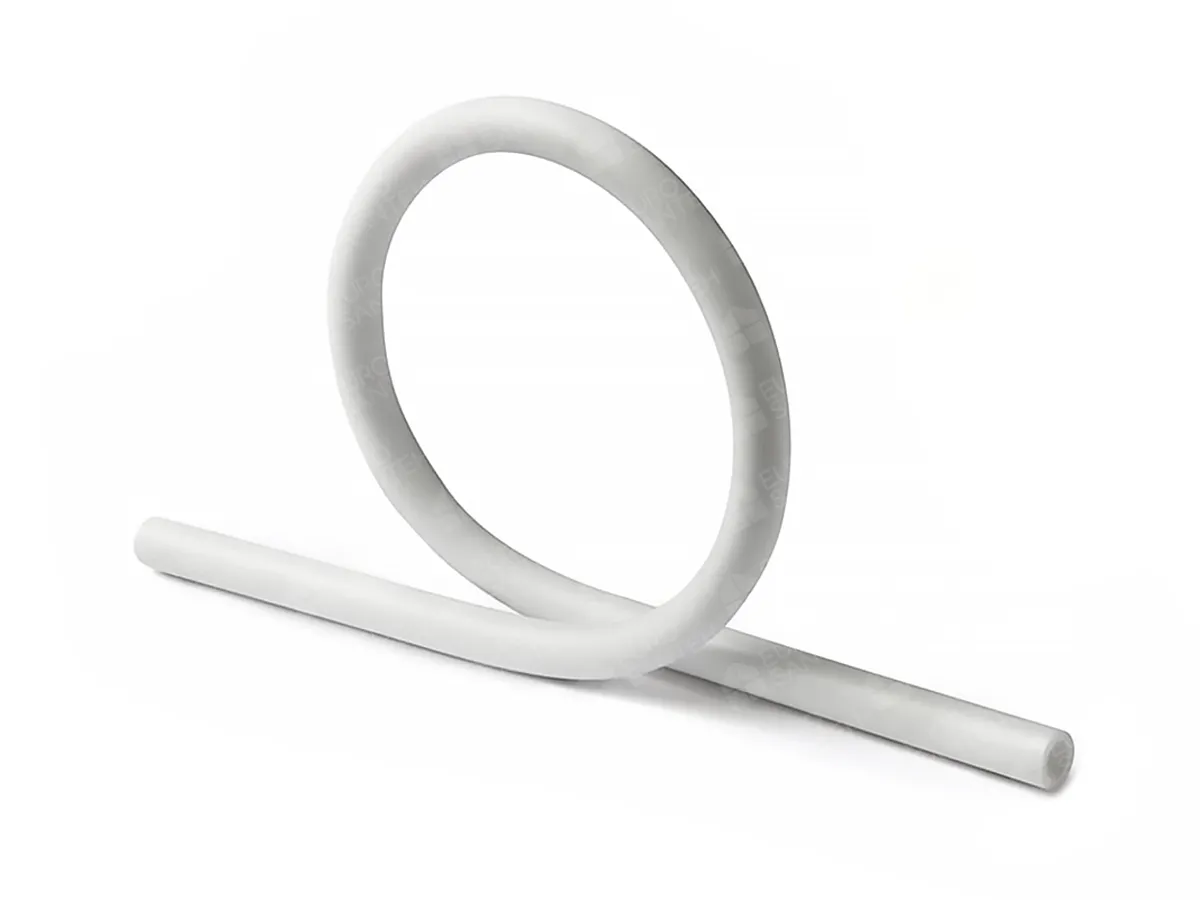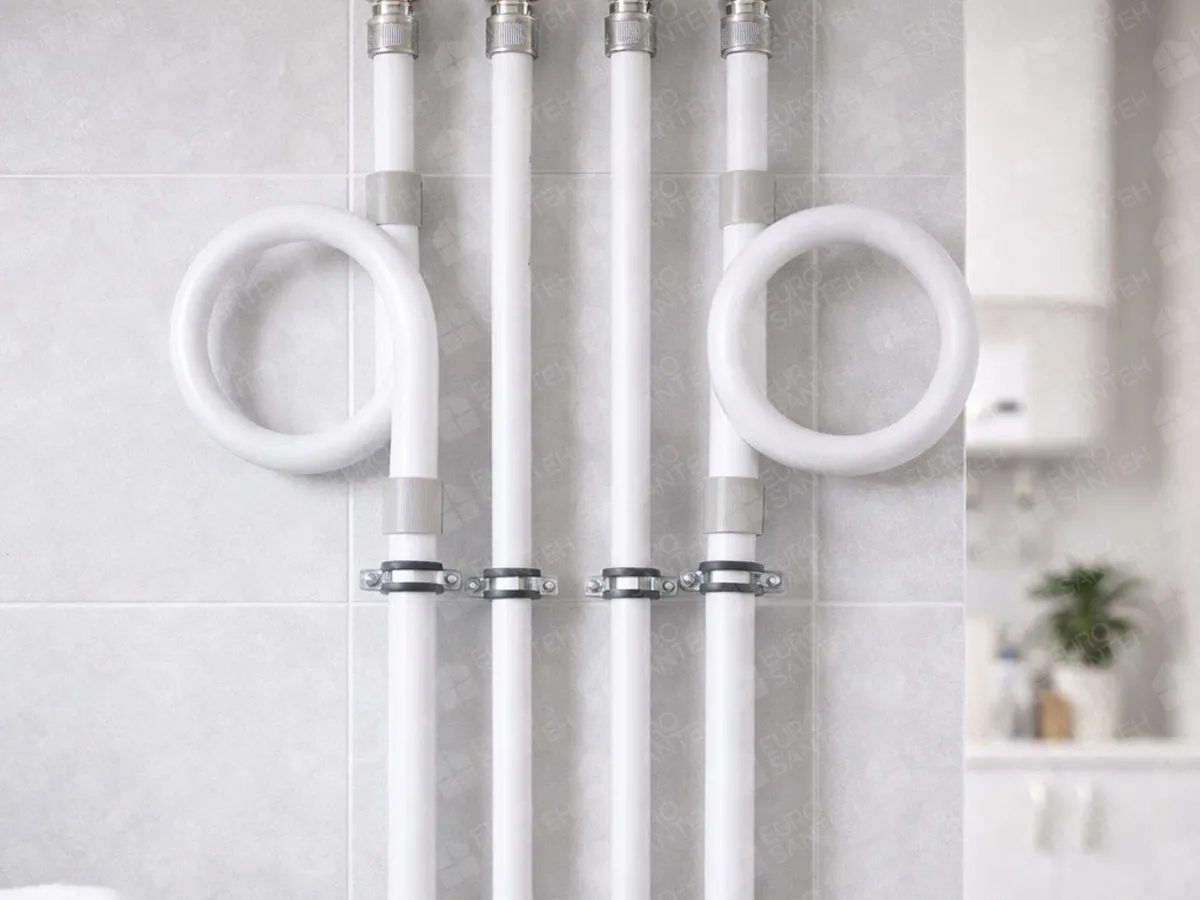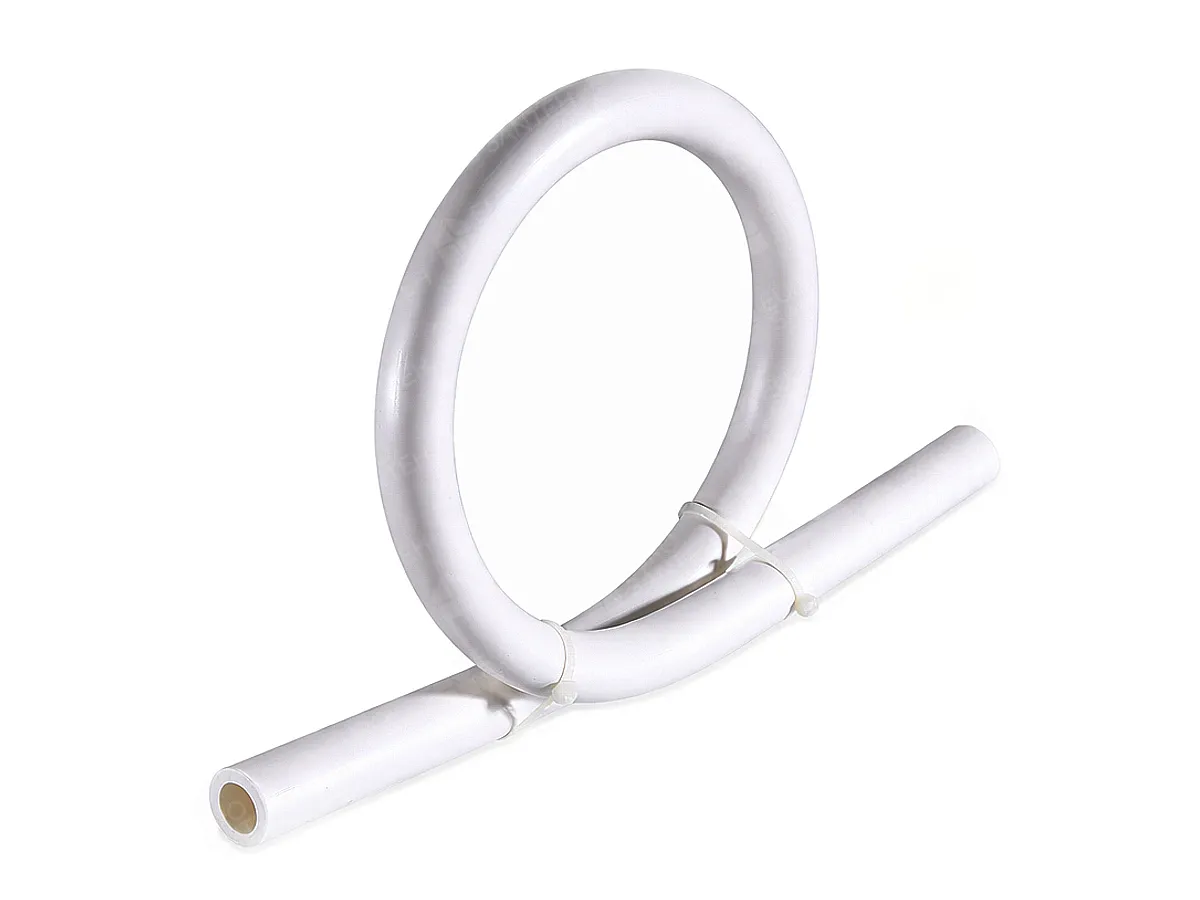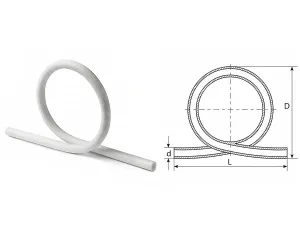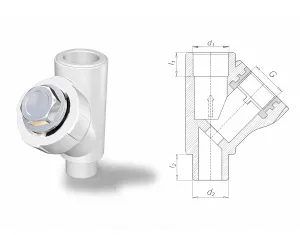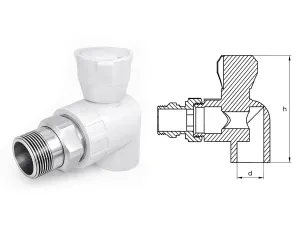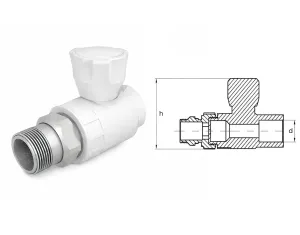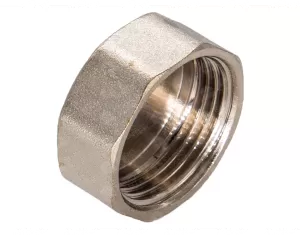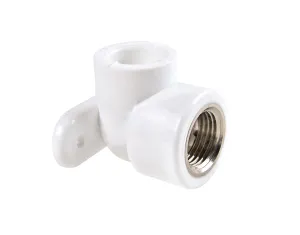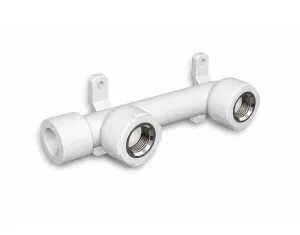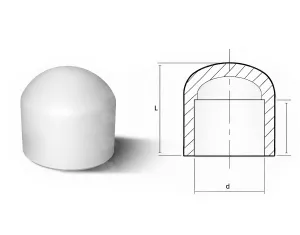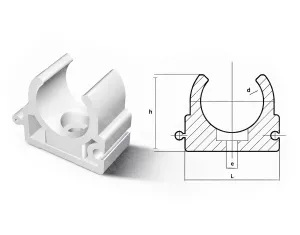The polypropylene expansion joint is an essential device in piping systems, used to absorb thermal expansion and contraction of pipes. The type of this compensator is specified as polypropylene, a material recognized for its durability and corrosion resistance. These characteristics make polypropylene expansion joints ideal solutions for use in various industrial and residential applications.
An essential aspect of this compensator is its diameter of 20 mm. This standard diameter allows easy integration into most piping systems used in construction and plumbing. The 20 mm size is versatile enough to fit into small and medium pipe networks, while providing adequate capacity for fluid transfer.
The maximum pressure supported by this compensator is 16 bar. This is a considerable value, indicating that the device is designed to work efficiently under high pressure conditions. In water or other liquid systems, this ability to withstand high pressures ensures that the compensator will prevent leaks and maintain the integrity of the piping structure, even in the most demanding operating scenarios.
The material used to manufacture this compensator is PPR (polypropylene random copolymer), known for its superior properties. PPR is chosen due to its excellent durability and resistance to varying temperatures, which makes it ideal for conveying hot and cold water. In addition, the material is highly resistant to chemical corrosion, which considerably extends the life of the piping systems in which it is used.
Random copolymer polypropylene also has a significant advantage in terms of its sanitary properties. It is a non-hazardous material from the point of view of health, containing no harmful substances that could contaminate drinking water. Thus, this type of compensator is suitable for use in potable water installations, ensuring that the transported water remains safe for consumption.
The installation of polypropylene compensators is relatively simple due to their light weight and the flexibility of the material. These features facilitate handling and assembly, reducing installation time and costs. Polypropylene is also a material that allows for a variety of joining methods, including fusion welding, which ensures tight and durable joints.
In conclusion, the polypropylene compensator with a diameter of 20 mm and a nominal pressure of 16 bar is an essential and efficient component for piping systems. Thanks to its robust material, PPR, and its ability to withstand high pressures and temperature variations, this compensator offers durable and safe solutions for a wide range of applications. Choosing a polypropylene expansion joint ensures both long-term performance and protection against common piping problems such as leaks and corrosion.
| Maximum working pressure, bar: | 16 |
| Type: | Compensator |
| Diameter, mm: | 20 |
| Body material: | PPR |
| Color: | White |
| Ambient temperature, °C: | 0...+50 |
